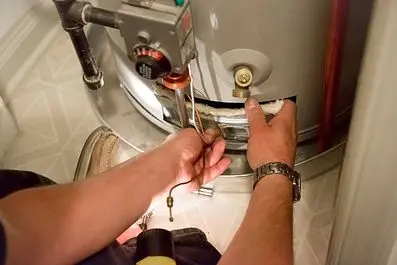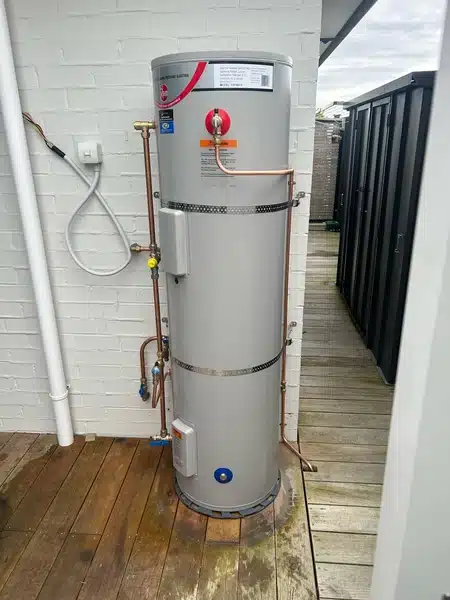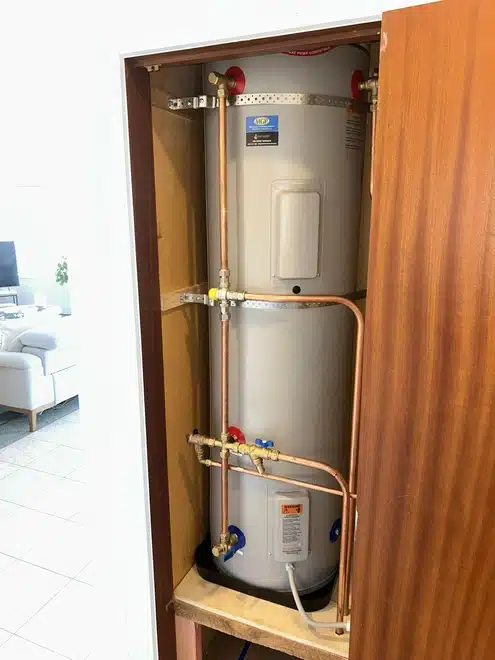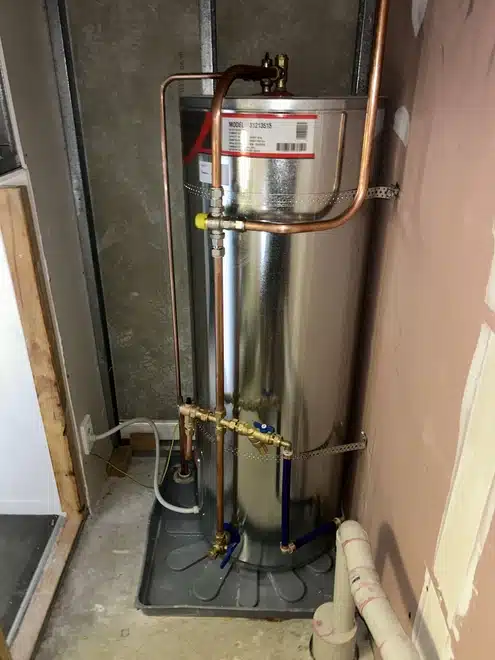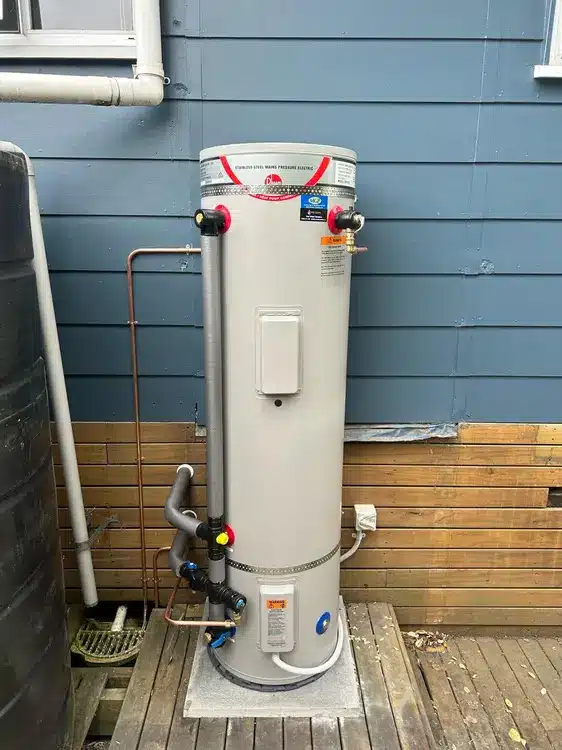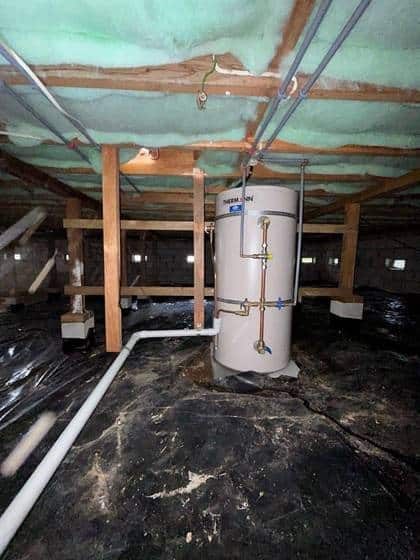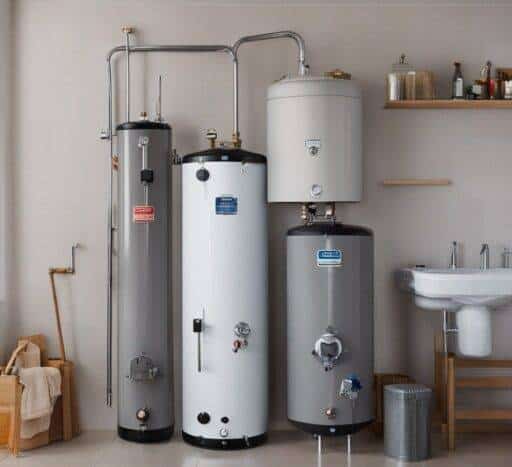Take Shorter Showers
Cutting shower lengths is one of the most effective ways to lower hot water bills. Adopt a timer to keep track of how long your showers are and then aim to gradually reduce duration. Try challenging yourself to cut even 1-2 minutes off and you may hardly notice the difference. Turning off water while soaping and shampooing also helps save hot water during bathroom time.
Install Water-Saving Showerheads
Swapping existing shower heads for advanced low-flow models allows you to use less hot water while still enjoying satisfactory water pressure. They supply air into the water stream to retain its force but cut back the overall volume. Many homes could save 15+ litres per day with water-efficient showerheads, quickly adding up for the household. The flow restrictor regulators are inexpensive to buy and straightforward to fit yourself as a DIY project.
Take Navy Showers
Taking ‘navy showers’, where you turn off the hot tap during soaping and back on for rinsing, is an old trick used on ships and submarines that translated well to households looking to be thriftier. Get your techniques down properly, and you can have an invigorating shower while using half (or less) of the hot water volume of regular showers.
Set Cylinder Thermostat Correctly
Ensure your hot water cylinder thermostat isn’t set higher than 60°C. This is the maximum safe temperature recommended to kill Legionella bacteria. Having the mercury rise excessively above this not only wastes energy for heating water more than required but also heightens risks of scalding. Test with a thermometer periodically, lowering settings if exceeding 60°C. Lagging cylinders properly also improves efficiency.
Fix Dripping Taps
It’s often said that a tiny dripping hot tap can rack up substantial unnecessary hot water waste and energy bills over time. Confirm all of your taps are fully turned off and promptly repair any leaky fixtures noticed around sinks, basins or baths. Neglected drips may seem small but accumulate major volumes given enough days and weeks.
Wash Full Loads
Run your dishwasher and washing machine only when fully packed for optimum economy. Washing partial loads uses similar amounts of hot water to maximum loads, so avoid the temptation for small top-ups. Modern appliances also often have built-in sensors detecting lower load sizes to automatically adjust water intake. Consider activating these load adjustment settings on your machines if available.
Reduce Heat Loss from Pipes
Long stretches of exposed hot water pipes leading to taps allow heat to dissipate before water reaches you, requiring more hot water to be released (and heated) to reach the desired temperature at discharge. Add insulation around accessible pipework segments near fixtures to enhance efficiency. Be careful not to cover safety valves though – get professional advice on correctly insulating pipework.
Install Heat Pump or Solar Systems
Although requiring bigger upfront investments, installing renewable energy water heating systems like heat pumps or solar thermal panels can realise major long-term savings. Their running costs can be far cheaper than conventional electric heating. Heat pumps utilise refrigeration technology to extract warmth from outdoor air for water heating, so work more efficiently in warmer NZ regions like Auckland. Speak to suppliers about the most appropriate system for your home.
You can find more information about the installation costs here.
Final Words
Considering the basic tips here around Auckland homes can help make notable reductions in hot water energy use and lower power bills. Small habit and fixture changes add up for significant savings over time. Contact professional plumbers for additional advice on enhancing your water heating efficiency further.
Use our contact us page to reach us and we will be more than happy to discuss your hot water situation. Or give us a call on 0800 497658.
At Hot Water Solutions all we do is hot water!

